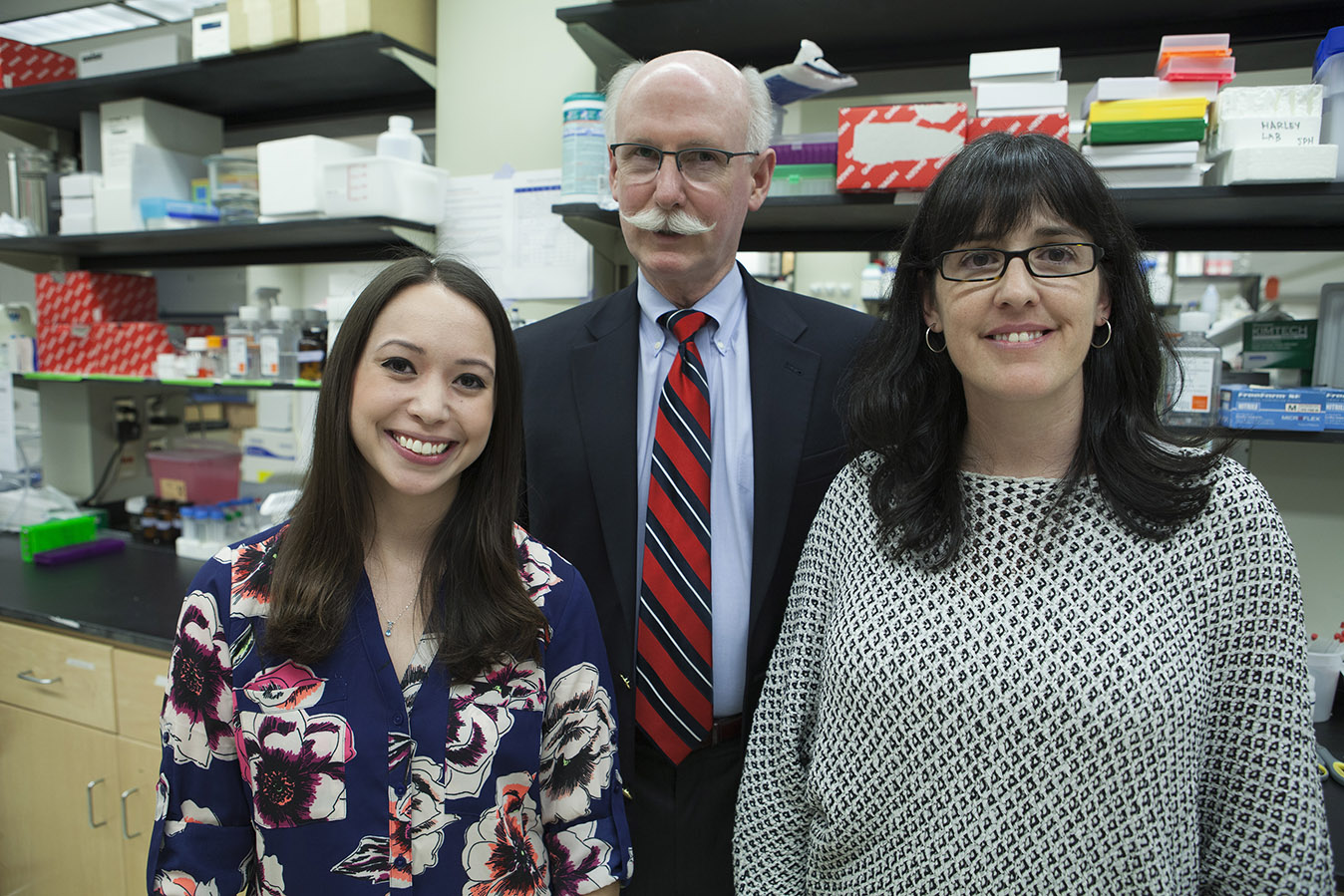Alumnus funds graduate students researching brain tissue cultures
Scott Fisher believes learning how to solve a problem can be as valuable as solving one.
This belief is what drove him to create a fund that will support IGB research in the area of regenerative biology and tissue engineering.
The fund will aid the research needs of graduate students working in this area of study – specifically those who are developing technologies to culture brain tissue to learn about brain cancer, traumatic brain injuries and neurological disorders.

Fisher, an alumnus of the University of Illinois and a retired program manager at Ecolab, created the fund to give back to the university and to honor his late wife, Bonita J. Fisher, who was diagnosed with multiple sclerosis. The disease is caused by nerve damage that results in miscommunication between the brain and the body, and no cure exists — but Fisher believes that multidisciplinary research can eventually solve this and other very difficult diseases.
After meeting researchers in the IGB’s Regenerative Biology & Tissue Engineering (RBTE) theme, Fisher learned they were expanding their research in his area of interest. He thought it was a perfect fit.
“I don’t think anybody can solve exceptional problems individually,” he said. “The problems are getting harder. That’s OK, that’s what we do — we solve hard problems. As we solve one, we help people, learn more, and go after the next problem that may be even more difficult.”
He decided to create the fund specifically for graduate students because he believes in the value of supporting what is tangible — in this case, researchers who are tackling a specific and critical area of research.
“You need people to do stuff, smart stuff — really smart stuff,” he said.
Samantha Zambuto, a PhD student, is conducting research in the lab of Professor Brendan Harley, RBTE theme leader. She was recruited to the University of Illinois partly because of her experience in culturing brain tissues. Now, her work involves culturing individual neurons in a gel designed by the RBTE theme.
Studying brain tissue is particularly difficult because it is unlike any other tissue in the body. Because of this, the tissue engineering community has struggled to build models of brain tissue.
The RBTE theme hopes to build a model that will enable researchers to study tissue outside of the brain. Currently, researchers in the theme are using a primary culture of brain tissue to study brain tumors. The IGB research team receives the cancer cells directly from Mayo Clinic, a partner on this project. Similar approaches are used to study traumatic brain injuries, and degenerative brain conditions such as multiple sclerosis, currently in collaboration with neurobiologists at Rockefeller University.
Fisher remembers how, during his childhood, polio was a widespread problem. After years of scientific research, vaccination now easily prevents the spread of this crippling infectious disease.
“We thought, ‘we knocked that off, we’ve got everything solved now,’” Fisher said. “And of course, the answer is ‘OK, we’ve got that problem solved.’ Now we have to drill it down to another layer of complexity.”
Fisher hopes the next layer can be diseases like multiple sclerosis — widespread problems that need people learning how to solve them.
“Figuring things out, that’s the home run. But figuring out how to figure it out — that’s a huge side piece to the story,” he said. “Sometimes, if you figure out how to figure things out, then you can do anything.”
